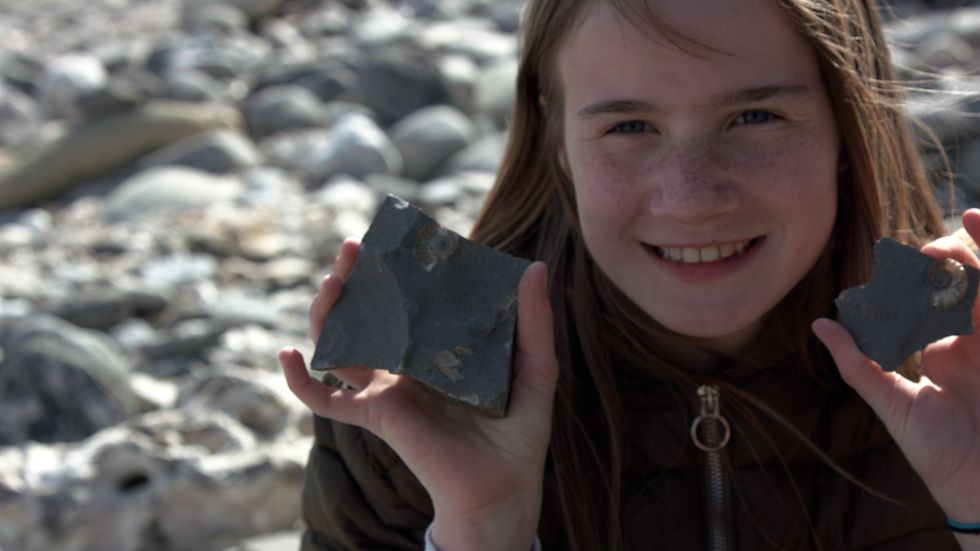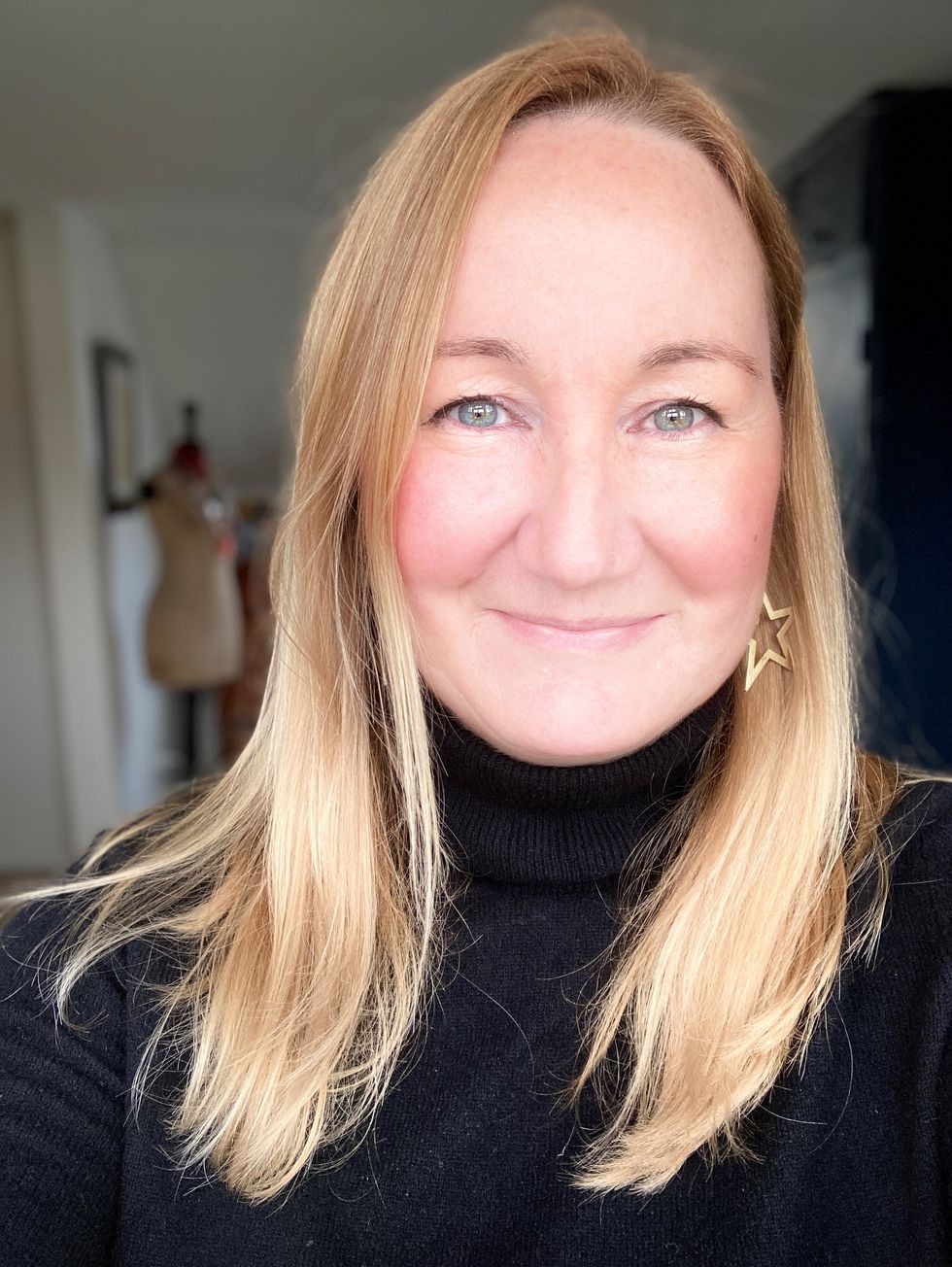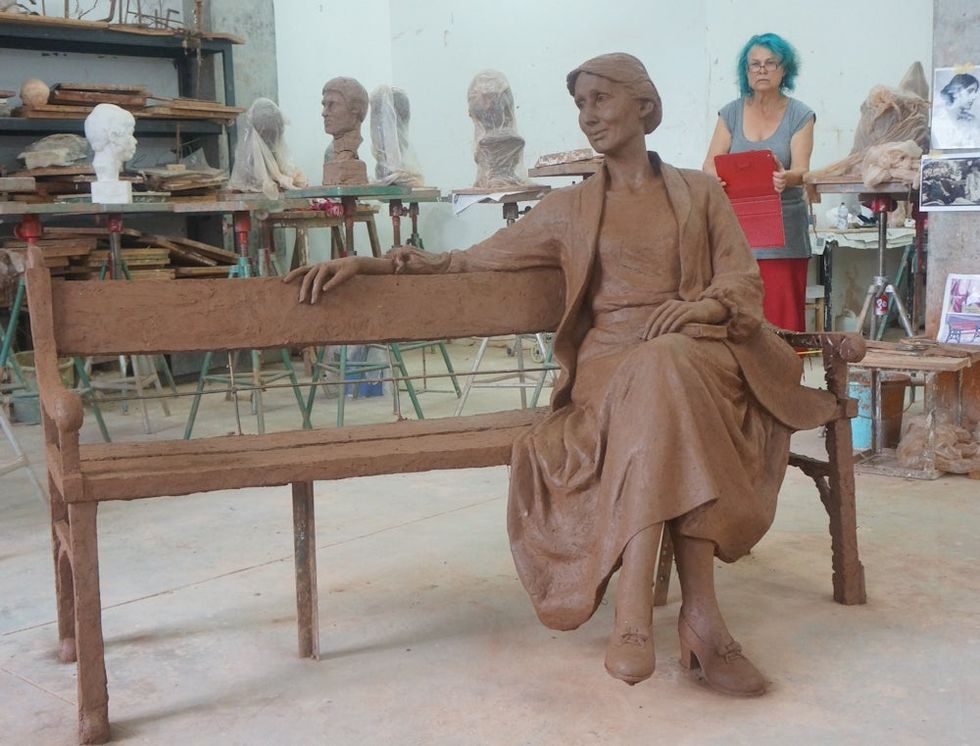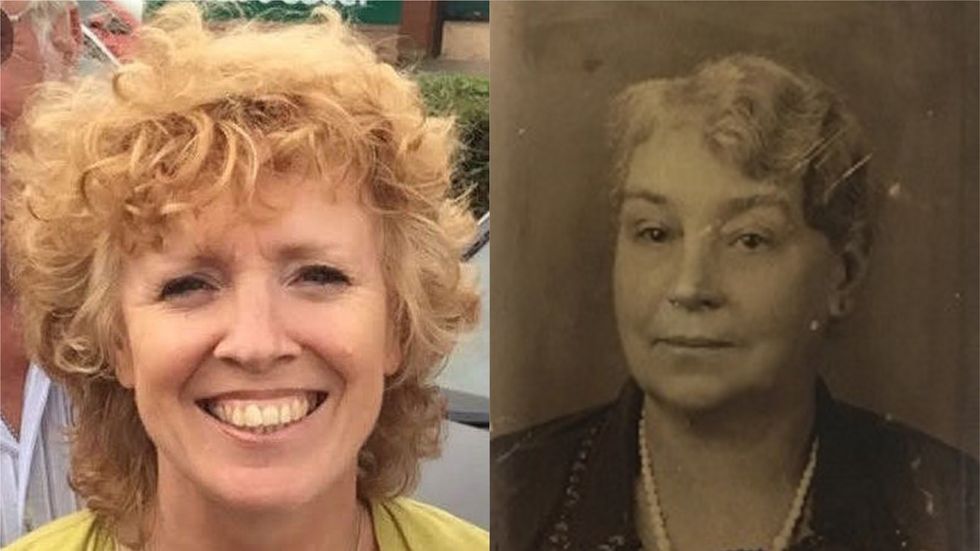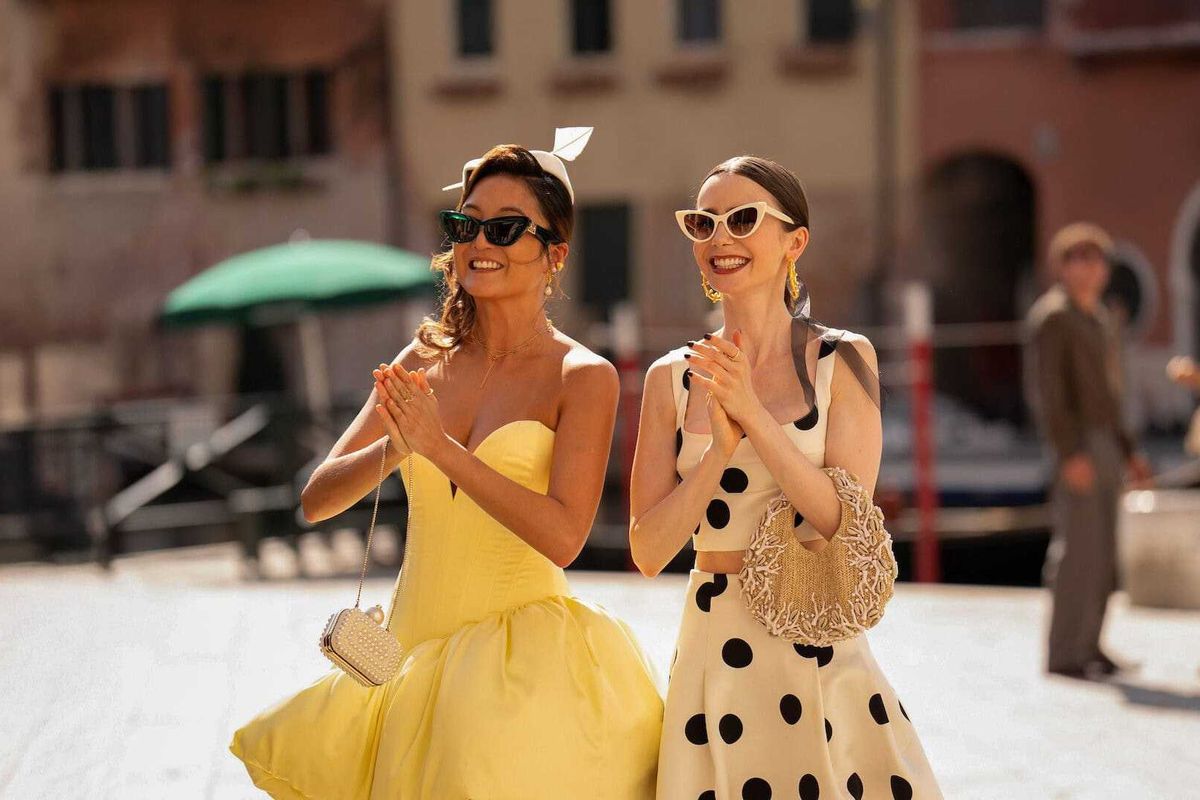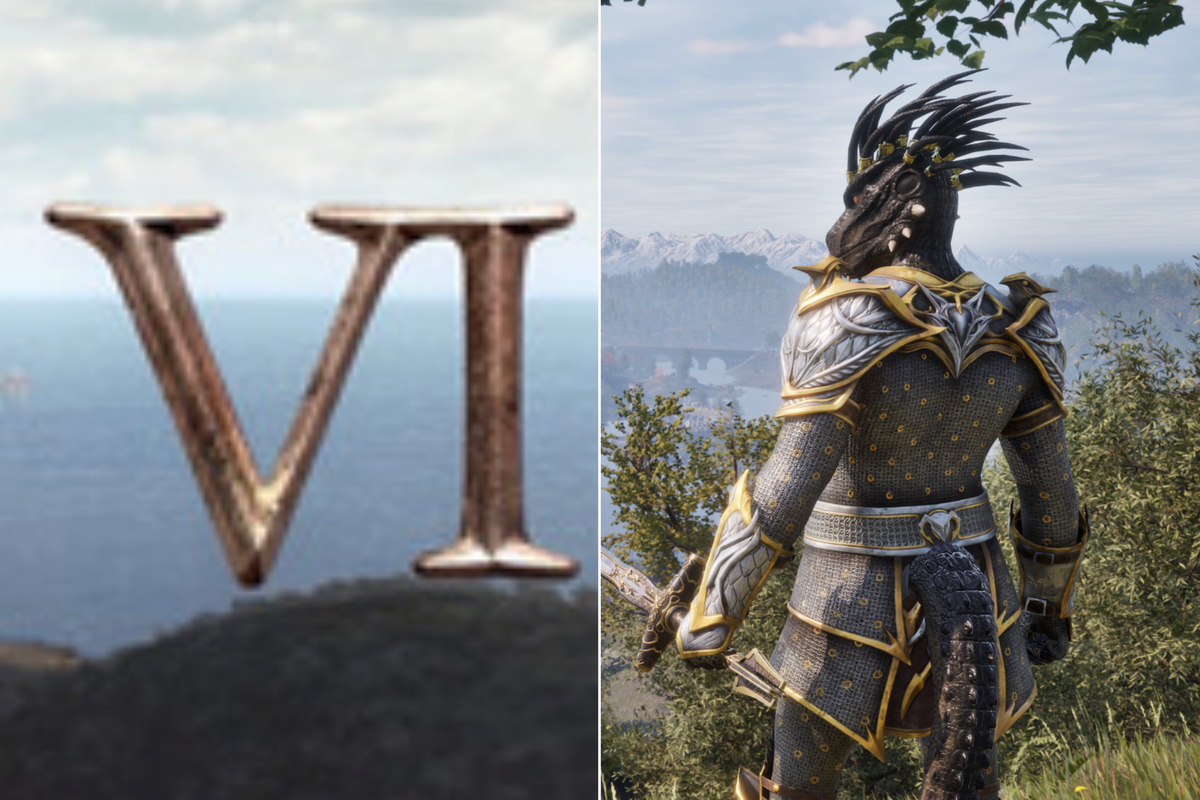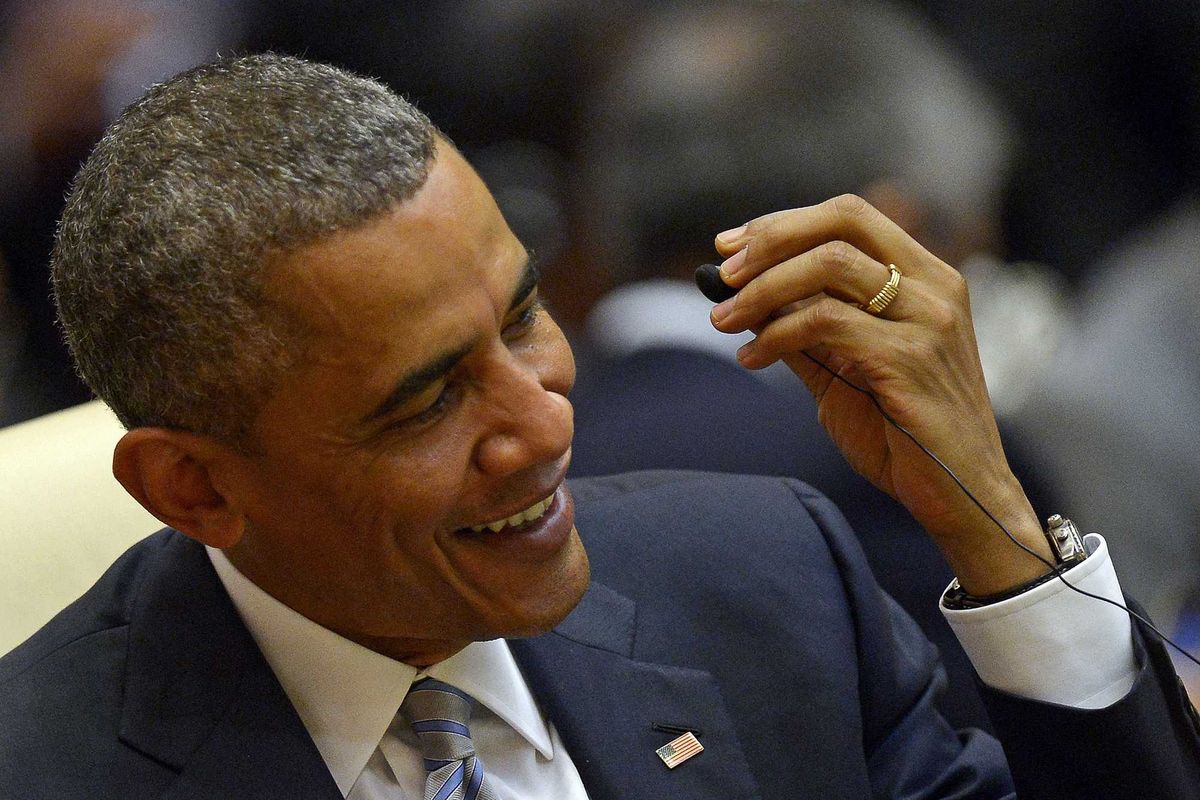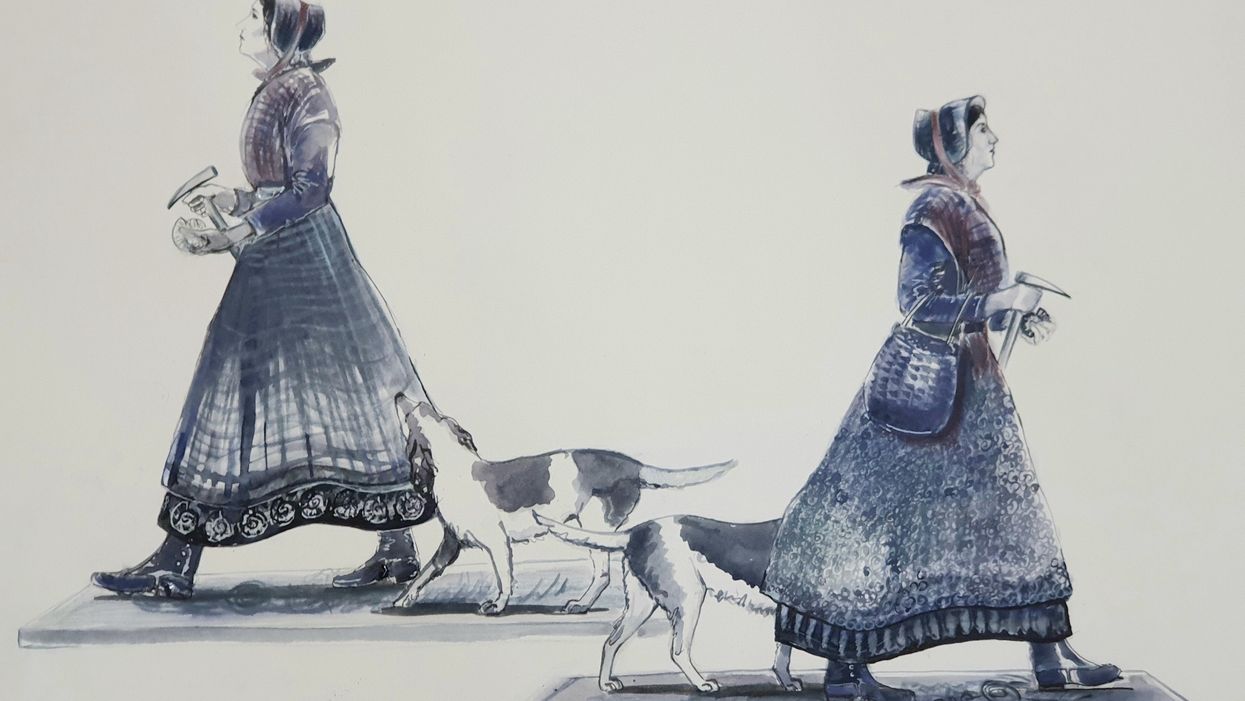
From the first suffragette to give her life for the cause to an early pioneer of palaeontology, campaign groups around the UK have been fighting to redress the nation’s statue gender imbalance.
In Dorset a mother-daughter duo has helped raise more than £100,000 to erect a statue to fossil hunter and scientist Mary Anning.
The campaign group behind the statue said in Dorset, where Mary Anning was born, there are more statues of animals than there are of women.
Anya Pearson said the “catalyst” for the movement happened when she came to the beach with her daughter four years ago.
Evie Swire, 13, asked her mother if they could go see Mary Anning’s statue, after studying her in school.
Ms Pearson told PA: “I had to explain to her that she was a woman, and she was working class, and those kinds of people don’t get statues to them, unfortunately.
“Her neck went really red, and I thought, you know what I am annoyed, my daughter’s annoyed and we said, ‘right let’s do something about this’.”
The campaign is hoping to unveil the statue, which shows Ms Anning walking to the beach with her dog, on what would be her 223rd birthday, next May.
In Brighton, plans to erect a statue of the first woman to die in the name of female suffrage already have the backing of historians and the local MP.
Jean Calder, chair of trustees of the Mary Clarke statue appeal said they are about a quarter of the way to its goal.
She said: “Mary Clarke seems to have been an extraordinarily good and courageous woman who was cut down in her prime. She experienced domestic violence in her marriage and she managed, unusually for the time, to extricate herself from it.”
Mary Clarke died on Christmas day after being beaten on black Friday while protesting votes for women.
Ms Calder said: “There’s an issue I think about female bravery and heroism and courage and recognising that and that it really hasn’t been recognised, because those acts of courage where women do sometimes lose their life certainly or are injured, they tend not to be in uniform.”
Campaigners have raised more than £33,000 to put a statue of Virginia Woolf down by the river in Richmond.
The first full-sized statue of the English writer, famous for works including Mrs Dalloway and Orlando, will be placed in the heart of the town where she lived for 10 years.
Award-winning sculptor Laury Dizengremel was commissioned to make the artwork.
She said: “It’s about celebration, and I think it’s about redressing the imbalance.
“How about we put the pause button on statues of men being made for a while and just focus on redressing the balance and then proceed in an equal manner?”
She told PA it was important that people could be able to interact with the bronze-figure, which will be seated on a bench.
It's not about excluding men — It's about just recognising that there's a long way to go still on gender equality.
Laury Dizengremel“I love interactive sculpture,” she said. “Sculpture on a plinth is just less accessible.
“Anyone could come and sit next to her and engage with the sculpture. We are in an age of selfies and I don’t think that is going to go anywhere anytime soon.”
The drive for more female statues, she said, “is not about excluding men”: “It’s about just recognising that there’s a long way to go still on gender equality.”
The Matchgirls Memorial charity is due to launch its official campaign to commemorate the matchgirls strike of 1888, a series of industrial action taken by women and teenage girls working at the Bryant & May match factory in Bow, London.
The women went on strike in opposition to their poor working conditions, which included 14-hour workdays, poor pay, excessive fines and health complications from working with white phosphorus.
The campaign, which works with schools and youth groups, hopes to raise around £100,000 to erect a physical memorial to the women.
Sam Johnson grew interested in the campaign after discovering her great-grandmother, Sarah Chapman, was one of the first union delegates.
She said the story had “brilliant resonance” with the modern day, adding: “Young girls and young women can draw strength from these match girls, who apparently had no power or real voice of their own.
“But they stood up and spoke for themselves and they show you are never too small to make a difference. I think it’s a great inspiration.”
